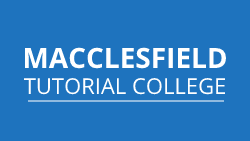Past Examination Papers
One of the most important and most effective techniques when preparing for an upcoming exam is to work through past papers – ie. exam papers from previous examination series. Working on actual examination papers and reviewing mark schemes can help you to:
- practice exam techniques
- become familiar with how questions are typically structured and what the examiner is looking for. Familiarising yourself with the style of answers that examiners are looking for goes a long way as sometimes knowing the subject may not be sufficient and structuring your answer properly may be a requirement for achieving full marks.
- practice your timing to ensure you complete entire papers in the allotted time
- boost your confidence before the actual day of your exam(s)
Past papers are generally available for most subjects (English; Maths; Science – biology, chemistry, physics; Humanities – geography, history; Modern Foreign Languages – French, German, Italian, Spanish; etc) and for each level of study – GCSE, IGCSE, A Level.
Undertaking past papers will also enable you to identify any areas of the syllabus which you are less confident in and guide your future revision. You may also wish to consider purchasing a revision course and a set of lessons with one of our experienced tutors to help you close any gaps in your knowledge that you are able to identify.
Each of the exam boards makes past papers and associated mark schemes available on their websites, many of which are freely available to the general public. Typically, the most recent exam series papers are kept securely and are only accessible to examination centres. We have provided links below to the relevant sections of each exam board’s website to enable you to quickly search for the relevant papers for your chosen subject and level. Some also provide further aids, such as learner guides and Chief Examiners Reports, which you may wish to read to understand more about what the examiner is hoping to see and where previous candidates have typically gone wrong.
